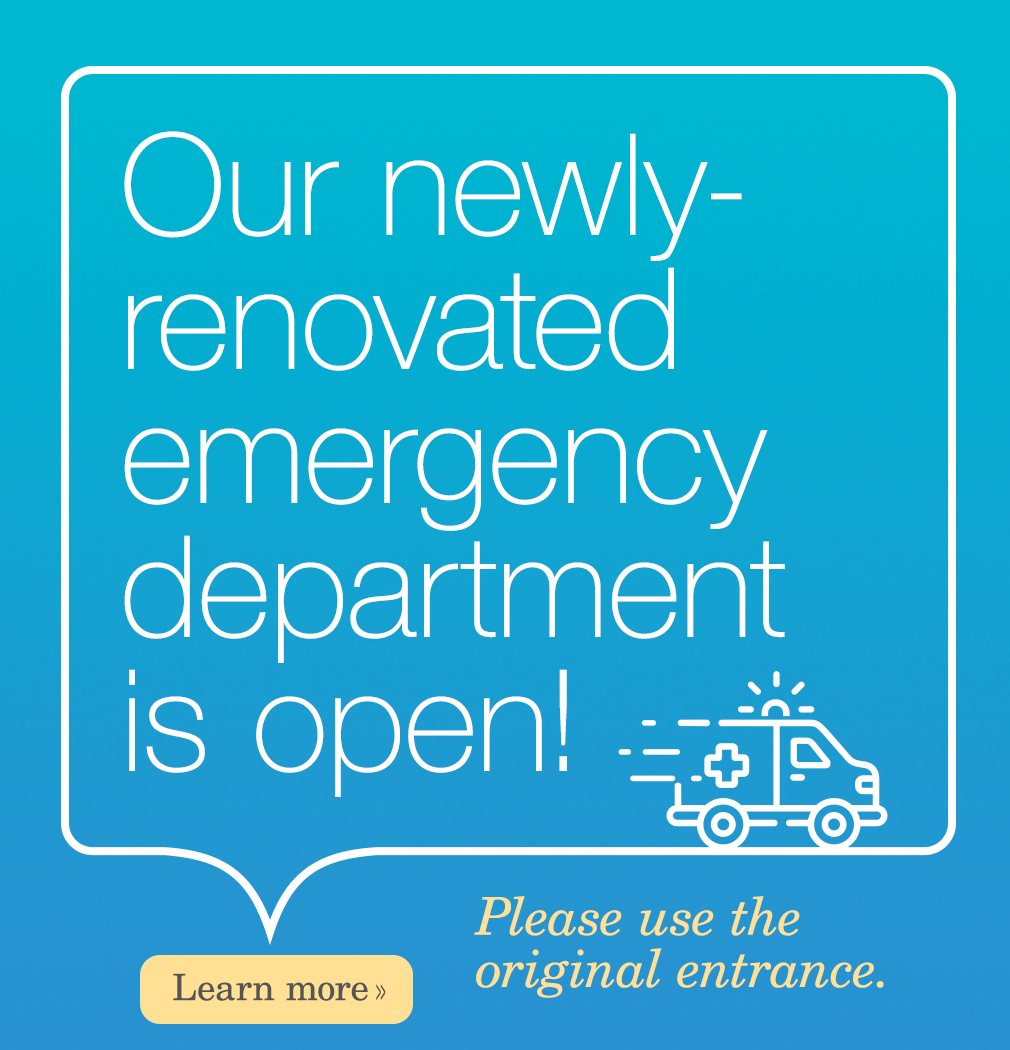

The Top Four Barriers to Colon Cancer Screening And How to Overcome Them
Colonoscopy Recommendations:
The recommendation for colorectal cancer screening for men and women of average risk is:
Beginning at age 50, one of the following tests that find both cancer and cancerous or pre-cancerous polyps:
- Colonoscopy every 10 years is the best choice since it can prevent cancer by identifying and removing cancerous polyps;
- Flexible Sigmoidoscopy every 5 years, with 3 year interval FOBT/FIT (Fecal Occult Blood Test/Fecal Immunochemical Test);
OR
One of the following tests that may help find an active cancer:
- FOBT (Fecal Occult Blood test) or FIT (Fecal Immunochemical Test) every year; or
- Stool DNA test every 3 years.
If you have a family history of colorectal cancer, consult your provider to develop a personalized screening plan.
Colorectal Cancers in Franklin & Grand Isle Counties at a Glance:
Early diagnosed colorectal cancers are often treatable and by following the screening recommendations can actually prevent cancer by removing precancerous polyps. However, colorectal cancer continues to be one of the top cancers affecting Franklin Grand Isle adults. Between 2013 and 2017, there were 92 cases of colorectal cancers diagnosed at Northwestern Medical Center. As with many other types of cancer, early detection is extremely important to successful treatment and survival.
According to Vermont Cancer Registry Data (2011-2015), Franklin County’s colorectal cancer advance stage colorectal cancer diagnosis rate per 100,000 of 64.4 is similar to Vermont’s rate of 60.6. However, NMC is starting to demonstrate that detection of colorectal cancer is occurring at earlier stages. In 2013, 60% of colorectal cancers detected were state 3 or 4 tumors – “advance stage.” By 2016 and 2017, the trend had shifted to 44% and 36% of advance stage colorectal cancers detected respectively. In other words, these cancers are being detected earlier.
In order to continue to prevent and treat colorectal cancers early and effectively, colorectal cancer screening needs to be a regular practice for adults following screening guidelines. Currently, only 73% of men and women ages 50-75 in Franklin County who are eligible for colorectal cancer screening have received the recommended screen (Behavioral Risk Factor Surveillance System 2014 and 2016).
The Top 4 Barriers to Colon Cancer Screening And How to Address Them:
- What will the colonoscopy feel like?
The exam itself is painless because you are given medications that allow you to not feel the exam and many times, individuals sleep through the exam. Prepping for the exam is usually the most unpleasant part as it requires you to take a laxative that will empty your bowel. This allows for a successful exam. For the 24-hour period before the exam, your doctor will instruct you to stop solid foods and take in only clear foods or liquids. Preparation instructions will be given to you and may differ slightly between doctors. Because you will have been given a sedative during the exam, you won’t be able to drive home following and you’ll likely experience some gas pains immediately following as your body expels the air the doctor pumped into your colon providing a better view to detect polyps. The American Cancer Society has a good overview of the exam and its preparation. https://www.cancer.org/content/dam/cancer-org/online-documents/en/pdf/infographics/7-things-to-know-about-getting-a-colonoscopy.pdf
- What will a colonoscopy cost? Does insurance cover it?
If you are concerned about the cost of this preventative screening, it’s best to make a few phone calls and get the facts. If cost is a barrier for you, there are options to assist you.
-
-
- Contact your insurance company directly to ask about coverage for the provider recommended test. There may be a large difference between actual cost and perceived cost. And remember, your situation may be different than the person next to you at work.
- Work with nursing or Care Management staff in the ordering provider’s office to verify your insurance coverage prior to ordering the test.
-
-
-
- Exact Sciences Laboratory (the owner and processor of Cologuard screening test) has a Patient Support Team at 1-844-870-8870 that can assist with verifying coverage and sometimes finding copay assistance.
- If it’s there is a financial barrier, don’t hesitate to the talk to the Care Manager in the primary care or ordering provider’s office to explore options. NMC and UVMMC have patient assistance programs available.
- Woodhouse falls under the NMC Patient assistance program in which patients can apply for some, or all, of their NMC bill to be waived based on financial hardship. Income requirements apply. Call 802 524-1006 to speak with a financial counselor.
- UVMMC Endoscopy program this is covered by an income-based patient assistance program. Patients can call 802-847-6984 to discuss options.
- If you are unable to afford doctor-recommended testing for colorectal cancer you may be able to use of Population Health funds through the NMC Community Connections Fund. This fund seeks to overcome “barriers to wellness.” Contact Jane Suder, Manager of Care Management for more information on accessing the funding.
-
- Missing work is a hardship. Because sedatives are used, you will not be able to work on the day of the colonoscopy, even if the exam is first thing in the morning. There is support available, however, to ease this challenge.
-
-
- Colon Cancer Alliance has a $300 stipend available to repay a patient for out-of-pocket costs of a screening test or recover lost wages. The application for assistance can be found here https://www.ccalliance.org/get-support/screening/ This program is income based and processes applications quarterly.
- Oftentimes, because barriers can be very specific to your own situation, the solution is too. Care Managers in primary care offices are a strong resource in problem solving and accessing appropriate resources. Talk with them. They can help.
-
- I don’t have anyone to drive me the day of the exam. Can I drive myself?
You cannot drive yourself home from the exam. You’ll have been given a sedative, so although you’ll feel awake, you cannot drive or operate machinery for the rest of the day. Someone else must drive you home. If you don’t have someone who can drive you or if it is a financial hardship, here are some options:
-
-
- There may be a gas card that can be offered to help cover that cost.
- Encourage a friend or family member to provide a ride.
- Patients with Medicaid could be assisted in obtaining transportation through GMT, if you qualify. Contact GMT at 527-2181. Again, Care Management can help.
- Patients that don’t qualify for GMT could receive a Taxi voucher from NMC for either round trip or one-way home. You can either pre-arrange with a taxi services or hospital staff will help call for one.
- C.I.D.E.R provides transportation for Grand Isle County residents. For more information and to determine if you qualify, contact them at 802-372-6425.
-
NMC wants everyone in our region to get the care and services that is appropriate for each unique individual’s situation. We want to do what we can to help prevent cancer as well as detect it early for better treatment outcomes. If there is anything we can do to help you overcome any barriers to screening tests, please talk to a Care Manager in your provider’s office or contact Kristen Tuttle, RN at 524-8479 or [email protected]. For general information about cancer prevention, treatment and services, go to our website at: https://www.northwesternmedicalcenter.org/services/cancer-services/

